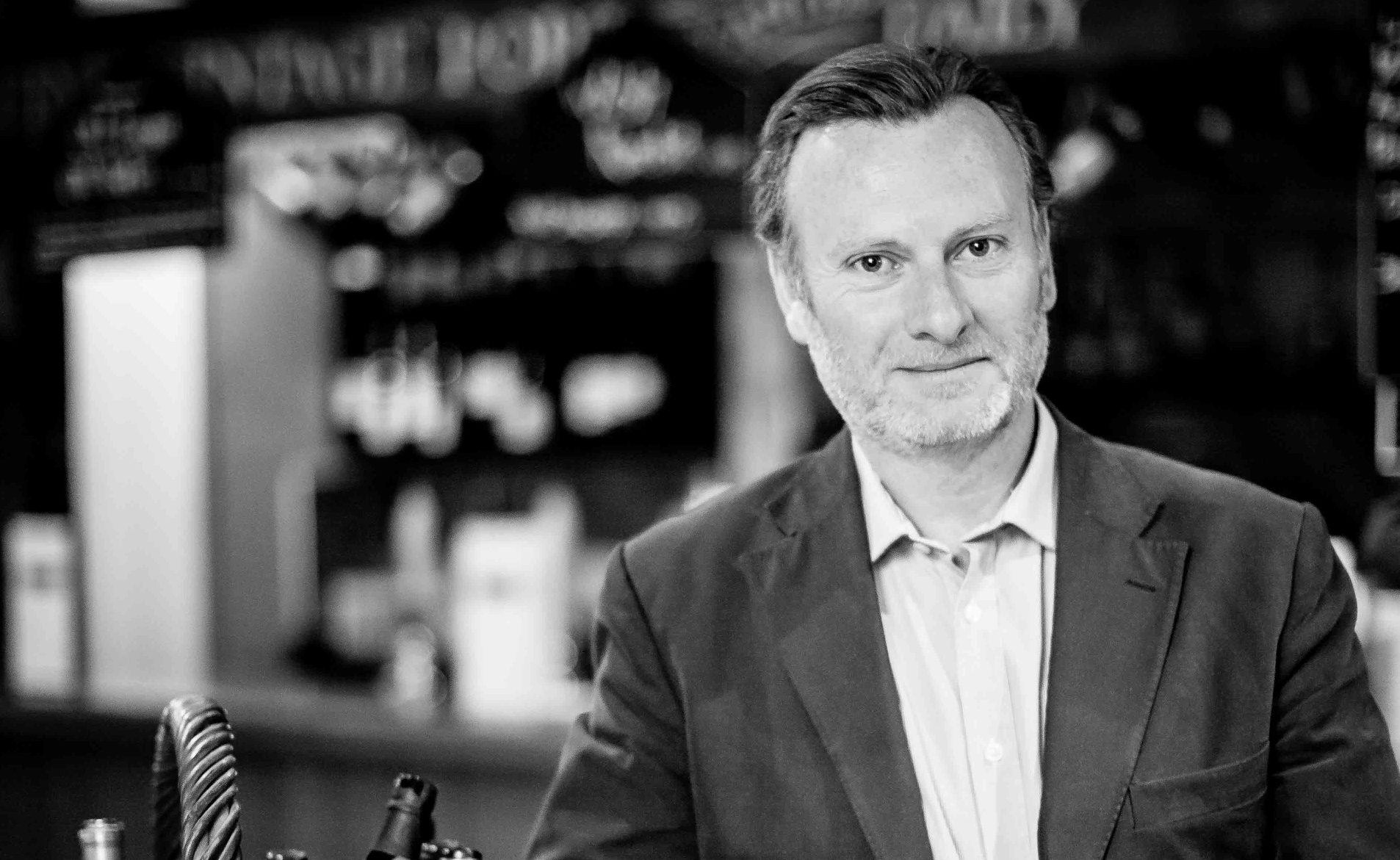Is there a more varied and diverse on-trade and wine merchants business operating in London than Davy’s wine merchants? If there is we would like to meet them…
Anyone working in the UK on-trade of a certain age will most likely have some fond memories of a night out a Davy’s wine bar. The classic, traditional wine bar that first opened its doors in 1870 and has become the benchmark for any wine bar business that has followed ever since.
If you have not been one to a while then it is worth going back just to remind yourself of what a good, traditional wine bar is all about. Quality wine, at more than a good price, with classic food dishes to match. Simple on paper. Very hard to deliver or, thankfully for Davy’s, even harder to replicate.
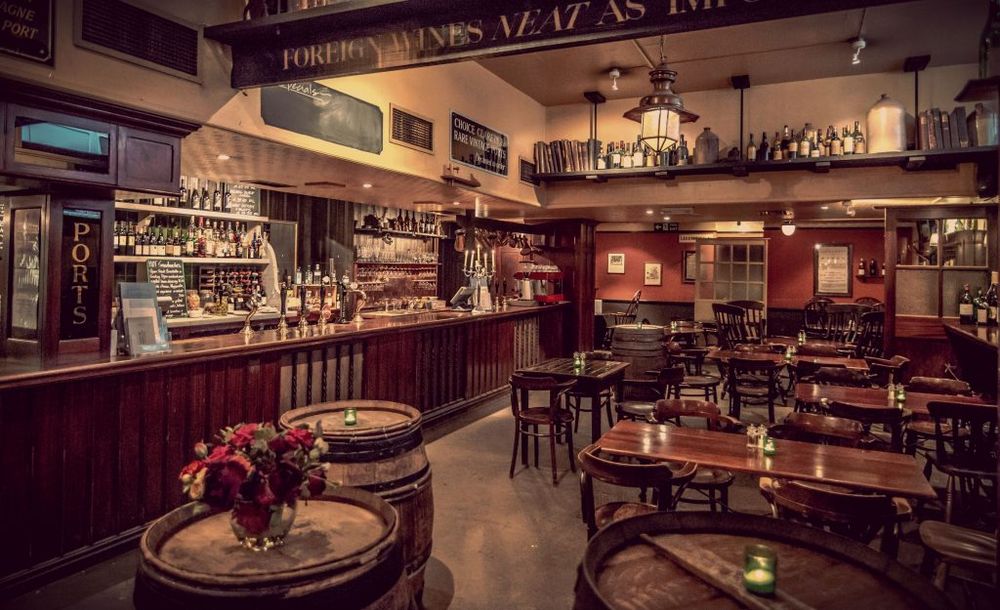
Tried, trusted and loved; the classic Davy’s wine bar
But then the Davy’s wine bars you might go in today are not what you might have in mind. For it is no longer just about the historic appeal of a Boot & Flogger. It has widened and developed its offer to take its traditional wine bar business and re-invent them in different guises, and with more modern looking fascias to reach a wider audience.
In fact there are now around 24 different bars in its portfolio. The latest of which just opened earlier this month in the City of London, the first new El Vino outlet, since Davy’s took over one of the few other family run wine bar businesses left in London in the summer of 2015.
Different fascias for different customers
But with so much competition from the casual dining sector clearly makes a lot of business sense, stresses, James Davy,a fifth generation Davy himself who quietly took control of the business in 1997 and now acts as chairman and chief executive.
“We have the traditional Davy’s wine bars which serve a very distinct market. Then we look to create different brands for our other outlets so that we can get more business from the same people. We have say our Lazy Bones brand that is looking to tap in to the slow cooked, pulled pork market. We also could not open up a Davy’s wine bar next to another, but we can with one of our other brands. The idea is that they all have their own identity and personality.”
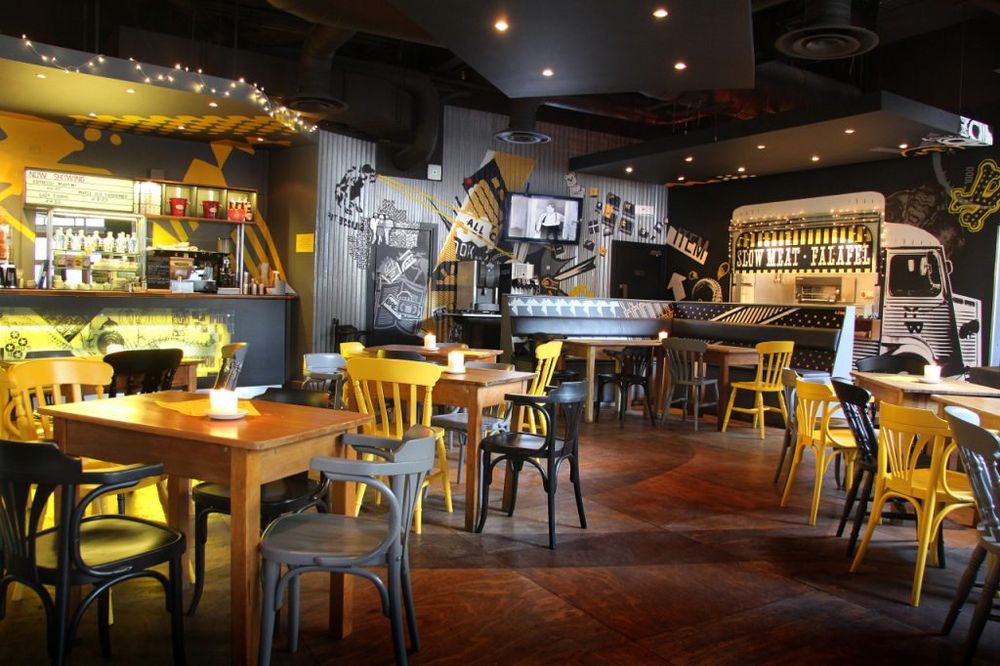
The Lazy Bones slow cooked meat concept is a far cry from the traditional Davy’s wine bar
Davy says you have to learn all the time about which offer works in different parts of the city. Which is why having so many different fascias is so important. Breakfasts, for example, have become a key part of business in is City locations as more business is now done over a coffee and a croissant as it was over a lunchtime bottle of Burgundy. “You sometimes have to get out of your own bubble to see the opportunities.”
Making a difference with wholesale business
Running its own wine bar and restaurant business is one thing, where Davy’s is different from so many of its competitors, is that it is also involved in serving and supplying the rest of the on-trade through its equally long standing wholesale business.
In fact it is the wholesale business which is arguably going through even more change than the wine bar side with new producers and wines being brought in to the range from right around the world. It is clearly a development which excites and energises Davy.
Interestingly the wine bar and wholesale businesses are run separately with their own P&L lines. With the bars and restaurants accounting for two thirds of total turnover and the wholesale side one third. The one constant is Davy is himself who heads up both boards and oversees how both sides can talk better to each other.
They are certainly not reliant on each other being successful. In fact Davy is particularly pleased he has been able to steer the restaurant side of the business to be less reliant on its own wholesaler to supply it.
He explains: “When I took over the business in 1997 Davy’s Wine Merchants was 99% reliant on Davy’s Wine Bars. Now it’s about 55%.”
He says the business is now firmly focused on trying to “broaden our (on-trade) customer base”. “We want to make the wine merchants business strong again outside the relationship with the bars. Like it was before we had them.”
Keeping the old bringing in the new
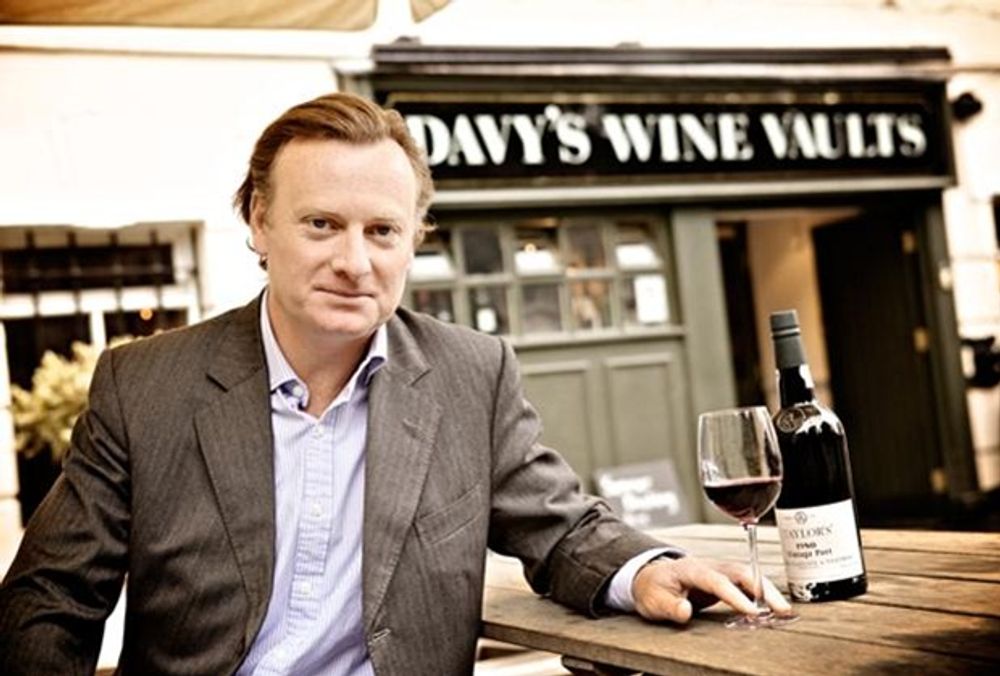
James Davy is very much focused on bringing new ideas to his family business
That means building and capitalising on its long standing relationships across all the main Old World classic regions of Bordeaux, Burgundy and Tuscany and in to Portugal and Spain with its Port and sherry contacts. As well as branching out and looking to source more independent producers to work with both in the Old and New World.
It is striking talking to Davy how important his family’s values of how to do business are in how he looks to the future. Yes, it needs the right wines to sell at the right prices, but the reason to come to Davy’s is that this is a business that will offer you much more.
He says: “Which means going back to the It might sound old fashioned, but it really comes down to the strength of the relationship you have with your customers. Yes, they want good quality, value wine, but a good relationship is what they really want when trying to run their business. We might not be seen as cool and trendy, but we are proud to say we are the only family owned wine merchants business of scale in London and that is an important story to tell in its own right.”
He freely admits it is not a business that invests in consumer and behaviour insights like some of its competitors. But even without digging meticulously through its numbers it can get more than a good feel for what is selling and in demand in its restaurants and bars.
Change in focus
All of which is helping Davy’s as a business look to shift the focus of how it is buying and sourcing wine.
“Before the recession we used to ship a lot of our own label wine from countries like Australia and Chile. But when you are shipping large quantities of wine around the world you could soon be left with a problem on your hands. So we have less own label wines now.”
Instead it is looking to bring in new and exciting wines, which could be seen as a bit more left field than the traditional Davy’s offer.
“More of our customers are looking for more exclusive wines, they want to know the stories behind the wine and you can do that working with small growers.”
He adds: “It is really interesting to see how many exciting family, independent producers there are say in South Africa, Italy, Spain, Australia.”
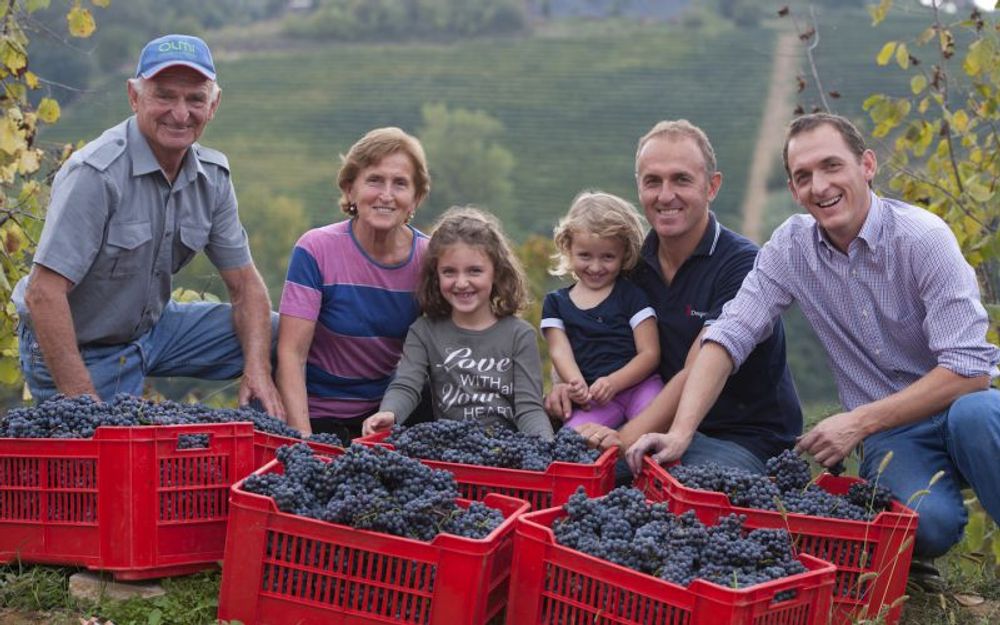
The Pelassa family in Piedmont are one of the latest independent producers to join Day’s
It has, for example, recently taken on three new producers from Italy: Pelassa of Montà d’Alba, Piedmont; Vini Montauto from Tuscany’s Maremma Coast and Sardinia’s Unmaredivino.
It is also seeing great reviews for some of its New World partners like the Mappinga Shiraz from Sidewood and Mount Brown Estates Pinot Noir.
A job to do…
But it is not looking for niche wines for the sake of it. All have to do a job and hit a key price point for its customers, says Davy. He hopes it can then offer its customers the level of service and delivery standards they need.
“We look for quality, and freshness in the core £18 to £35 price range. So you need good throughput and to be able to ship regularly and get the benefits that come with that. We have definitely broken out of the mould of the traditional wine merchant. We now have lots of family independent producers from countries like South Africa, Italy, Spain, the Alsace, Australia. Wines that are interesting, exciting and exclusive to us. Again we are introduced to a lot of producers through word of mouth and our strength of relationships.”
Davy says it is fortunate to have a strong loyal customer base amongst the major livery companies, most of the big London hotels and traditional sites. But he is particularly keen to “see itself more recognised and valued by the smaller, independent niche restaurants and bars which all have very different needs and tastes”.
“We get a lot of business through word of mouth and have a good relationship with sommeliers, so if they move, we can hopefully move with them,” he adds.“We can’t afford to tour the world.”
Which means a large part of its wholesale business is within London and the M25, and will then work with regional depots and couriers to service customers outside.
Well earned respect

Davy’s wholesale business is being rejuvenated with new wines from independent producers from both the Old and New Worlds
But returning to the wine bars he is also equally proud that the Davy’s reputation and network of bars and restaurants are now bigger and more respected than ever before.
Being able to help and bring the El Vino wine bar business in to the fold was an important moment for Davy. “They had been on our radar for a while. We were also aware we were becoming too small for our business model as we had lost around 10 really good sites over the previous five years for various reasons like site redevelopments.”
With its Spanish and Iberian theme it will also provide a good home for its own selection of Spanish and South American wines as well as opening the doors for other producers.
It appears with both sides of the business on the front foot that Davy’s will still be bringing future generations of diners together for some time to come.
* You can see for yourself at Davy’s annual tasting on February 21 at The Royal Over-Seas League in St. James’s, London, 11.30am-6pm. It will include new wines from 20 producers including its new Italian wineries. The day will also include a tasting of 2012 vintage wines from prominent left and right bank Bordeaux appellations, presented by Martin Everett MW and a Small is Beautiful session showing wines made by boutique producers in only the tiniest quantities.
There will be two winemaker masterclasses. Miguel Merino will lead a vertical tasting of his Gran Reserva wines from 1995 and recount the rise of his ‘garage’ estate into one of Rioja’s most respected bodegas. Raimund Prüm, will present back vintages from S.A. Prüm, one of the Mosel Valley’s most highly regarded producers, featuring both dry and late harvest styles.
To register contact Lucy Hunter at: lucyh@davy.co.uk
